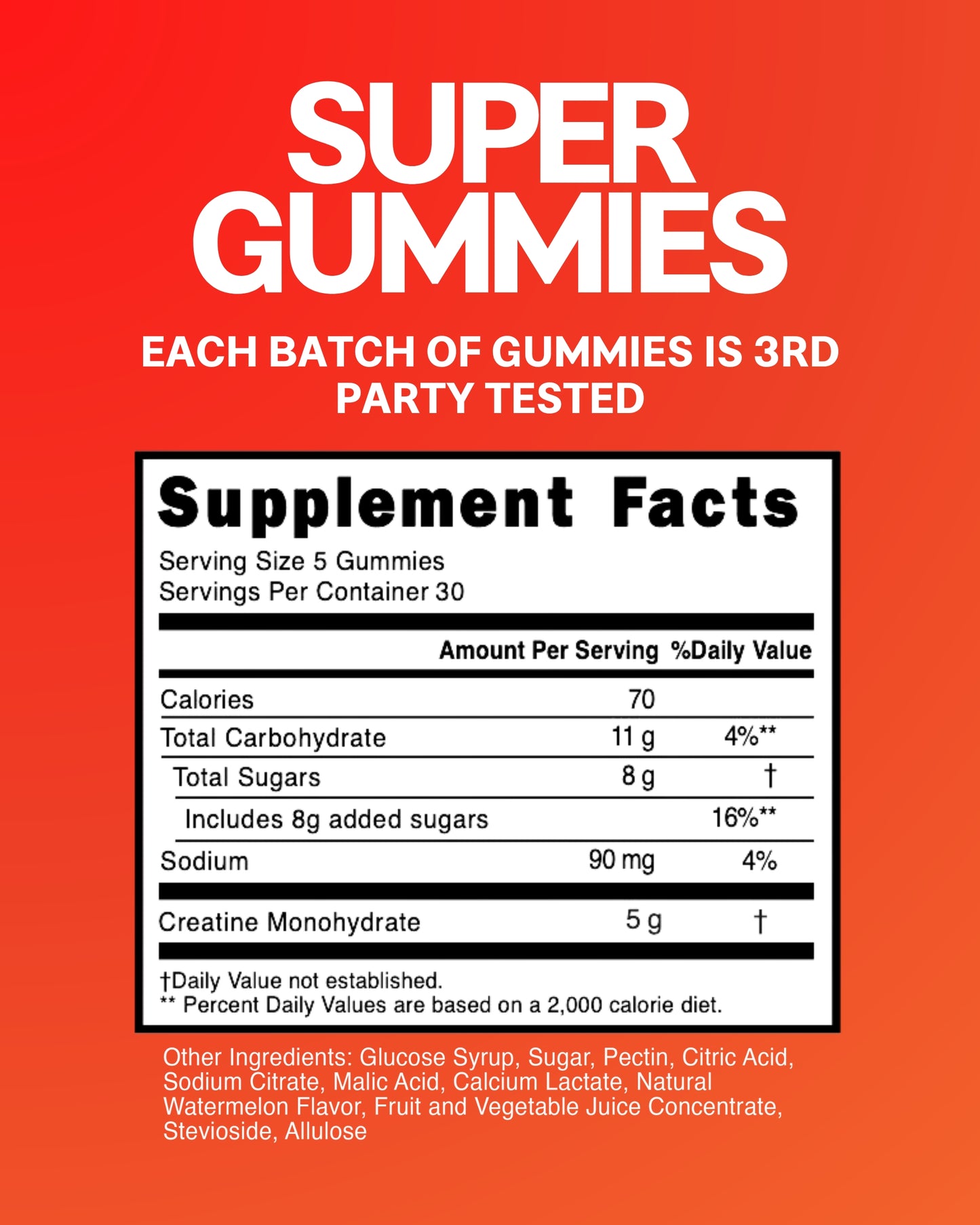


Creatine is a naturally occurring compound found in small amounts in foods like meat and fish. It's also synthesized in the body from amino acids, primarily in the liver, kidneys, and pancreas. Creatine helps replenish ATP (adenosine triphosphate) in muscles, providing quick energy during intense activities, building muscle strength and improving recovery times. In the brain, creatine may support cognitive function and energy metabolism, potentially improving memory and mental performance.*
Creatine is generally considered safe for most people when used as directed. Numerous studies have shown that short-term use of creatine supplements is well-tolerated and not associated with significant adverse effects in healthy individuals. Long-term safety studies are ongoing, but there is currently no evidence to suggest that moderate creatine supplementation poses serious health risks for most individuals. As with any supplement, it's essential to follow recommended dosages and consult with a healthcare professional before starting a new regimen, especially if you have any underlying medical conditions or concerns.
Athletes, vegetarians/vegans, older adults, and individuals with certain medical conditions (consult with your doctor) may benefit from taking creatine supplements.
Creatine supplementation can enhance muscle strength, power, and endurance, improving performance during high-intensity activities. Additionally, it may support muscle growth, aid in recovery, and potentially offer cognitive benefits.*
Results from creatine supplementation can vary depending on factors such as individual response, dosage, and exercise regimen. Some individuals may notice improvements in muscle strength and performance within a few weeks, while others may take longer. Generally, consistent use of creatine along with a structured exercise program is recommended to maximize its benefits over time.
Creatine gummies can be taken at any time of the day, but it's commonly recommended to consume them around the time of your workout for maximum effectiveness. Taking them before or after exercise can help ensure that creatine levels are elevated during periods of increased energy demand, potentially enhancing performance and muscle recovery. However, the timing ultimately depends on your personal preference and routine, as long as you consistently consume them daily to maintain creatine levels in your body.
Common side effects of creatine supplementation may include gastrointestinal discomfort and water retention, but these are typically mild and temporary. It's important to stay hydrated and start with a lower dosage to assess individual tolerance.






